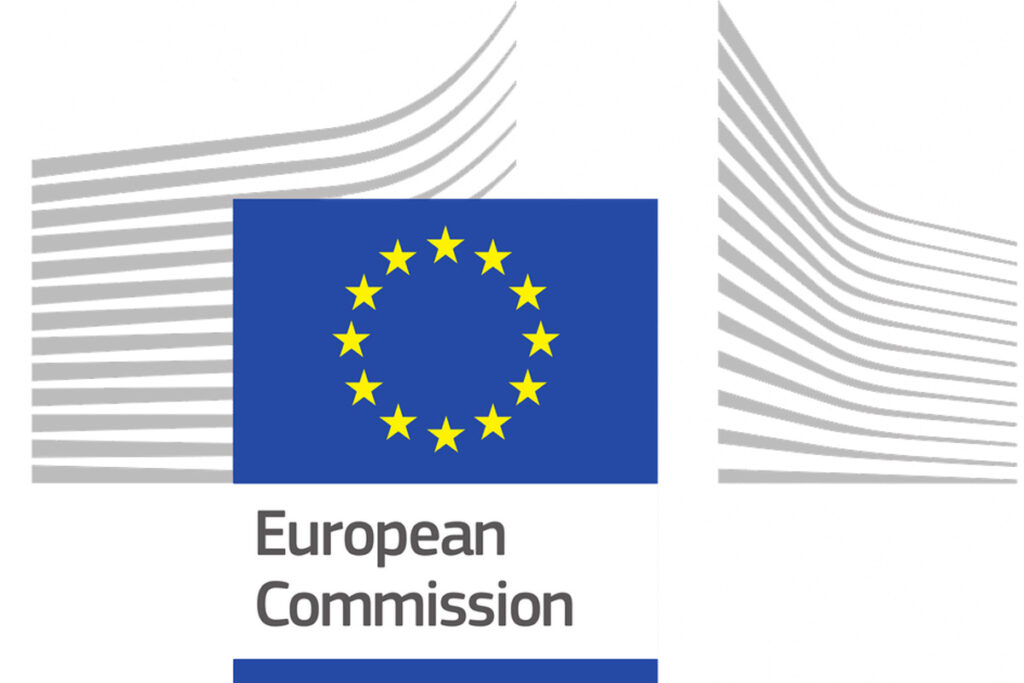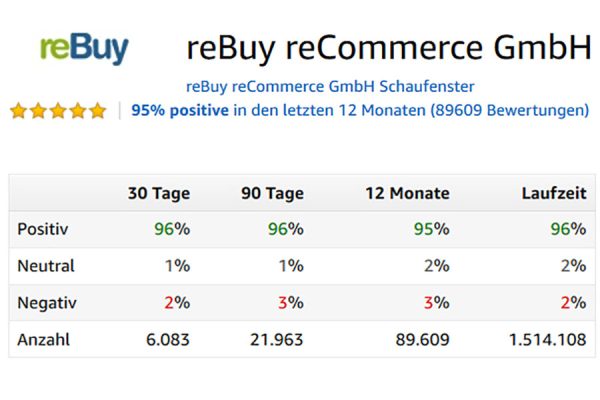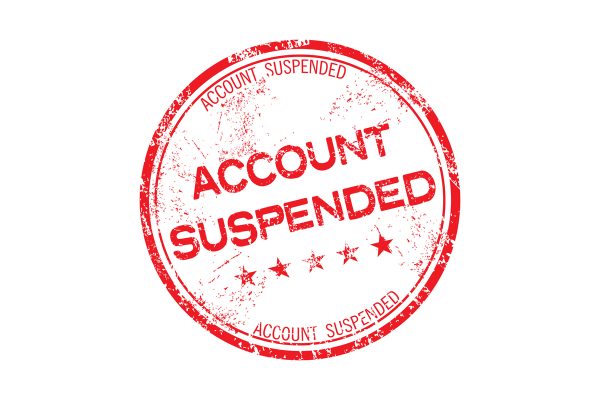The European Commission is proposing new new standards on transparency and fairness for online platforms, providing small businesses with a safety net in the digital economy. The aim of the new rules is to create a fair, transparent and predictable business environment for smaller businesses and traders when using online platforms.
What are the aims of the new standards on transparency and fairness
Basically the aims of the new standards on transparency and fairness are that if you’re suspended you’ll be told the reason why and have an appeal process with a mediator instead of suing the marketplace and some transparency on how marketplace and search engines rank your products and arrange their contracts with you.
Sadly the net effect of these new rules may in reality give practically nothing in real terms for most online merchants as marketplaces may well be able to claim that much of what the EU are asking for is already in place.
Suspensions
You should know the reasons you may be suspended from a marketplace. The rules will require marketplaces to ‘provide a statement of reasons’ if you are suspended, which in general terms they already do. It’s not going to help much if they cite ‘high value goods’ and ‘risk’ as a reason for shutting you down however.
Although there have been many ‘dolphins’ caught in the suspension net over the years, invariably when we come across a seller who’s been suspended it’s obvious from their feedback and account metrics why this has happened. What will be welcomed is the opportunity to involve an independent arbitrator to argue your case, as the main complaint from suspended sellers is the inability to get anyone to listen to their side of the story. In reality it’ll probably take so long to arrange that the damage to an SME is irreparable anyway… the damage a suspension causes happens in the first hours and days, not weeks or months.
Search Transparency
The marketplaces already set out in general terms how their search engines work and give tips for increasing your chances of getting to the top of search. Even if they wanted to reveal their full algorithms, they change so frequently on a daily basis that updates would be outdated before you could act on them.
Contract terms
It’s interesting that the EU include demanding transparency on how marketplaces use Most Favoured Nation clauses – price fixing is of course illegal across the EU and this would appear to come very close to attracting the attention of the Competition and Markets Authority.
What got left out of the European Commission new standards on transparency and fairness?
What I find most interesting is not what regulations the European Commission are proposing, but what got left out between last year’s ‘Fairness in platform-to-business relations’ inception impact assessment and what made it into the final draft.
In the original assessment the European Commission cited as a major problem the inability to market to ‘your’ customers from marketplaces and the inability to decide you’d rather trade on a different platform and take ‘your’ customers with you. As a marketplace trader, fixing this almost certainly sounds attractive to you.
“Business users to some extent lack access to and/or the ability to transmit or port certain types of data, both of a personal and non-personal character. For example, many business users do not have access to the contact details of their customers whom they serve via platforms. As a result, they are unable to interact with their customers outside of the platform, e.g. for targeted marketing initiatives, or to move their customer base to another platform. Other business users are contractually limited in their ability to use data generated through a specific platform to improve their activities on other platforms.”
– European Commission’s ‘Fairness in platform-to-business relations’ inception impact assessment
None of this made it into the final standards on transparency and fairness cut however. It was reduced down to a single sentence saying marketplaces merely have to inform you on “what data generated through their services can be accessed, by whom and under what conditions”. In other words no you still can’t market to customers outside the confines of the marketplace and you can’t decide to quit a platform and expect to take previous customers on that marketplace with you.
How the European Commission’s new standards on transparency and fairness will tackle your concerns
You can read a Q&A on the proposals online, but here’s the bulk of what the European Commission laid out:
Increasing transparency
Providers of online intermediation services must ensure that their terms and conditions for professional users are easily understandable and easily available. This includes setting out in advance the possible reasons why a professional user may be delisted or suspended from a platform. Providers also have to respect a reasonable minimum notice period for implementing changes to the terms and conditions. If a provider of online intermediation services suspends or terminates all or part of what a business user offers, this provider will need to state the reasons for this. In addition, the providers of these services must formulate and publish general policies on:
(i) what data generated through their services can be accessed, by whom and under what conditions;
(ii) how they treat their own goods or services compared to those offered by their professional users;
(iii) how they use contract clauses to demand the most favourable range or price of products and services offered by their professional users (so-called Most-Favoured-Nation (MFN) clauses).
Finally, both online intermediation services as well as online search engines must set out the general criteria that determine how goods and services are ranked in search results.
Resolving disputes more effectively
Providers of online intermediation services are required to set up an internal complaint-handling system. To facilitate out-of-court dispute resolution, all providers of online intermediation services will have to list in their terms and conditions the independent and qualified mediators they are willing to work with in good faith to resolve disputes. The industry will also be encouraged to voluntarily set up specific independent mediators capable of dealing with disputes arising in the context of online intermediation services.
Finally, associations representing businesses will be granted the right to bring court proceedings on behalf of businesses to enforce the new transparency and dispute settlement rules.
Setting up an EU Observatory to monitor the impact of the new rules
The Observatory would monitor currentas well as emerging issues and opportunities in the digital economy, with a view to enabling the Commission to follow up on today’s legislative proposal if appropriate. Particular attention will be paid to developments in policy and regulatory approaches all over Europe.
Depending on the progress achieved and based on the insights gained through the EU Observatory, the Commission will assess the need for further measures within three years.









4 Responses
What use is any of this to UK sellers, we’re leaving the EU.
Besides Ebay or Amazon will just switch their registered office to Brazil, or Afghanistan, or Bhutan….
Besides, if the EU are such great defenders of small businesses, why hadn’t they done this a decade ago? By the time all 27 countries sign up to this, we’ll all have retired.
As it is, it looks as though the text has been dictated by Ebay and Amazon, to give it as little impact as possible.
As stated in the associated EU Commission Q&A “The Regulation covers online platform intermediaries and general online search engines that provide their services to businesses established in the EU and that offer goods or services to consumers located in the EU ” – so after Brexit, while this Regulation will apply to platforms operated from the UK, British SMEs will not be able to use it to protect their rights